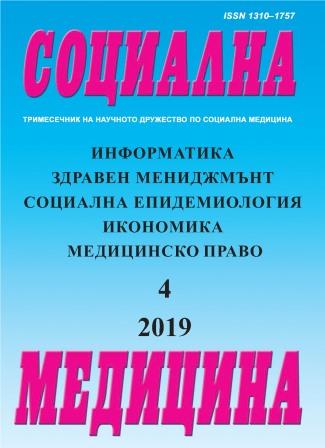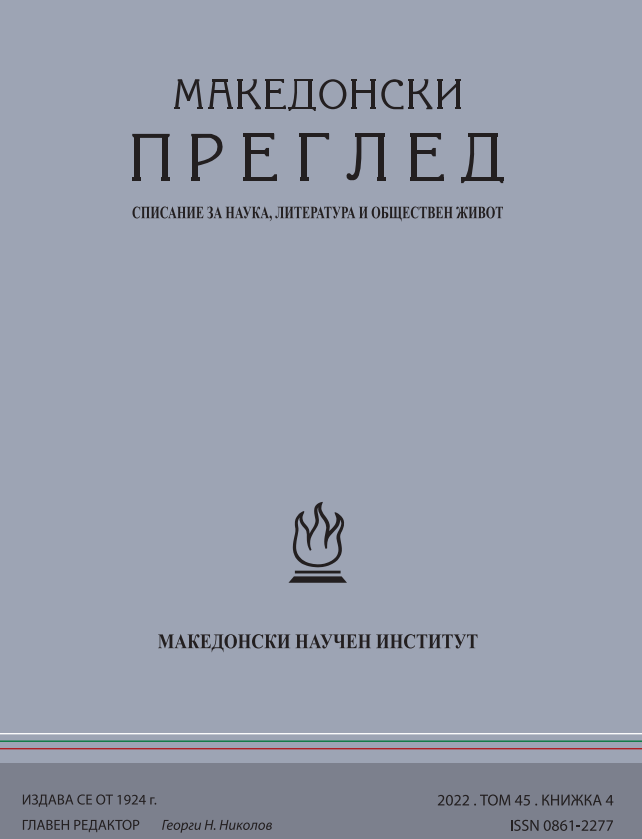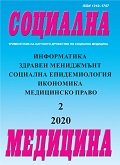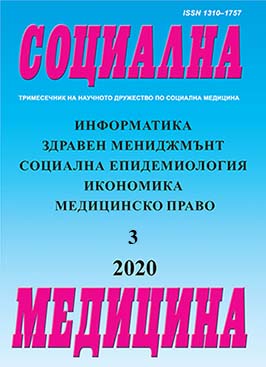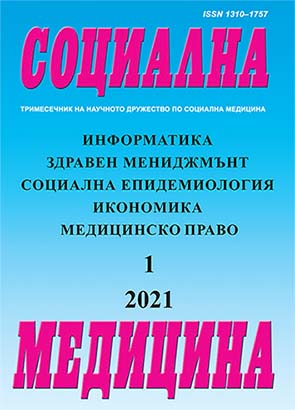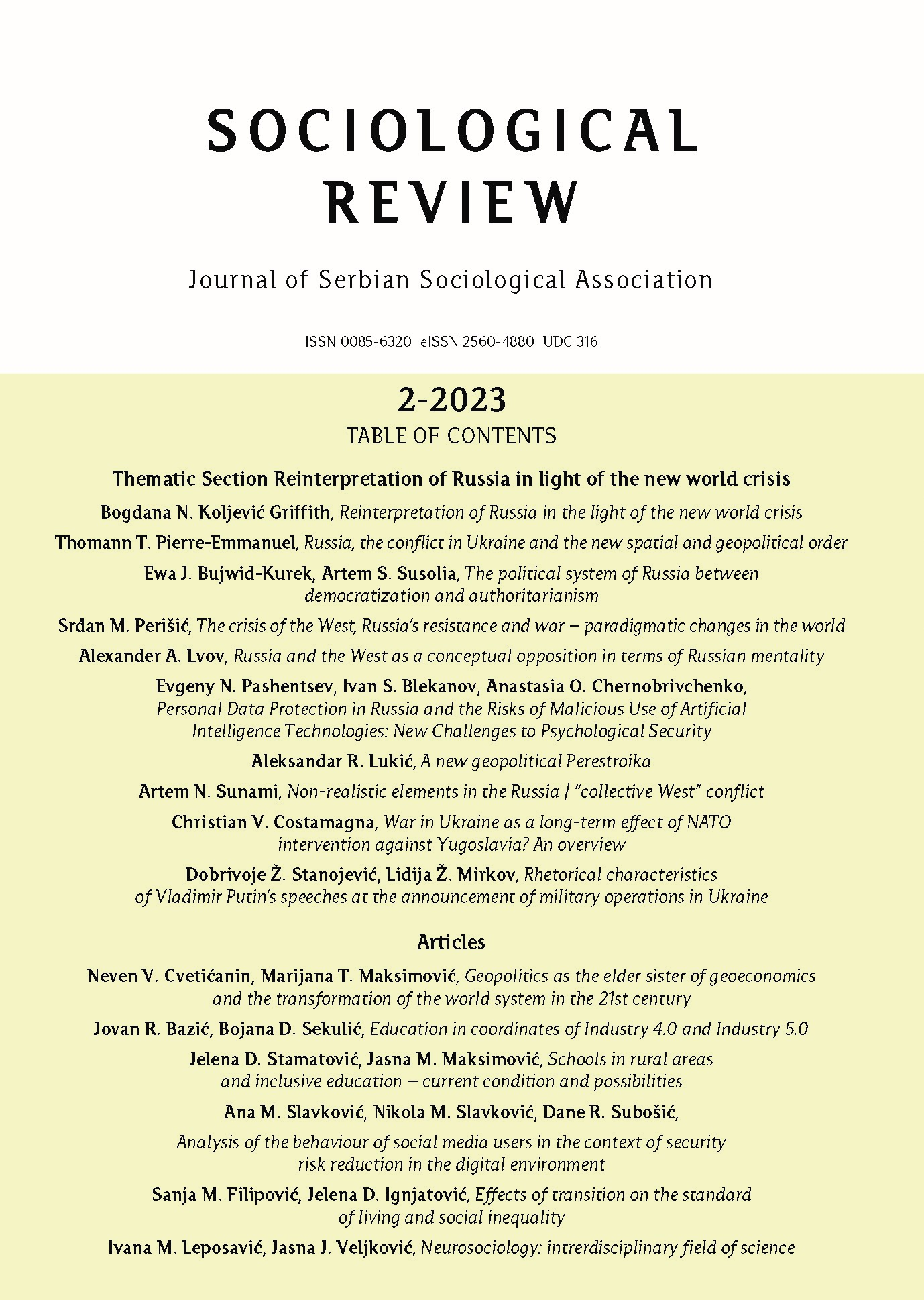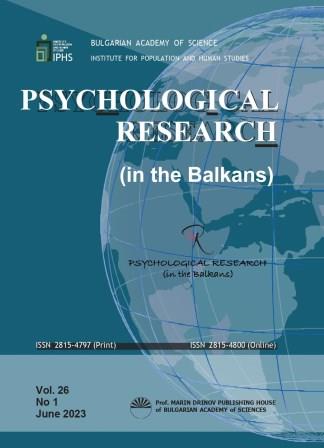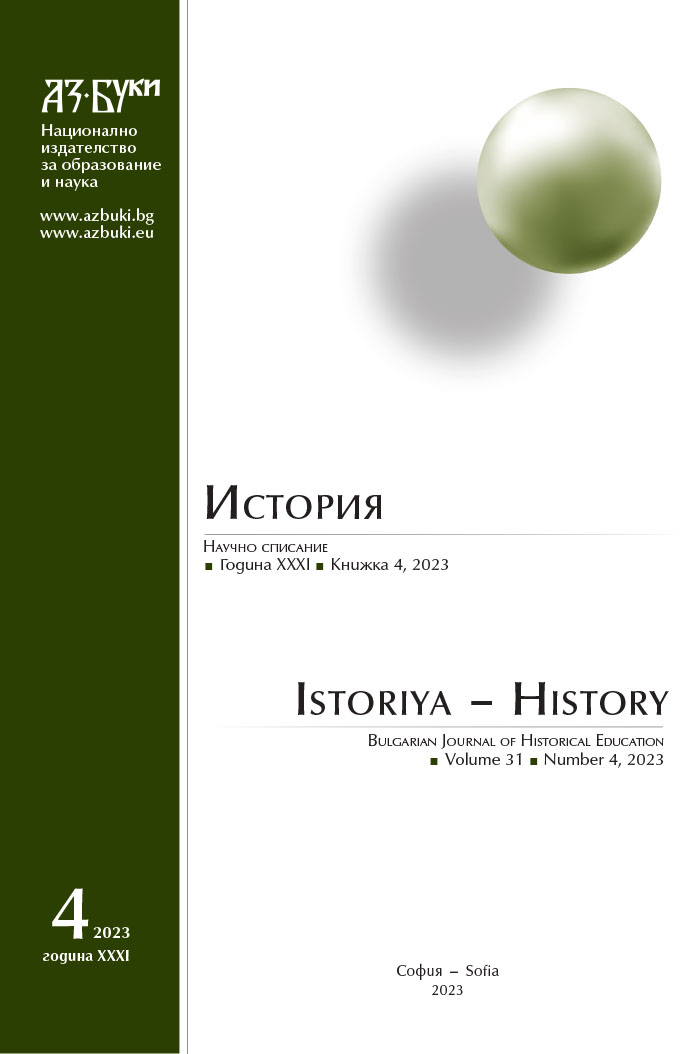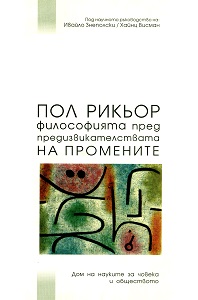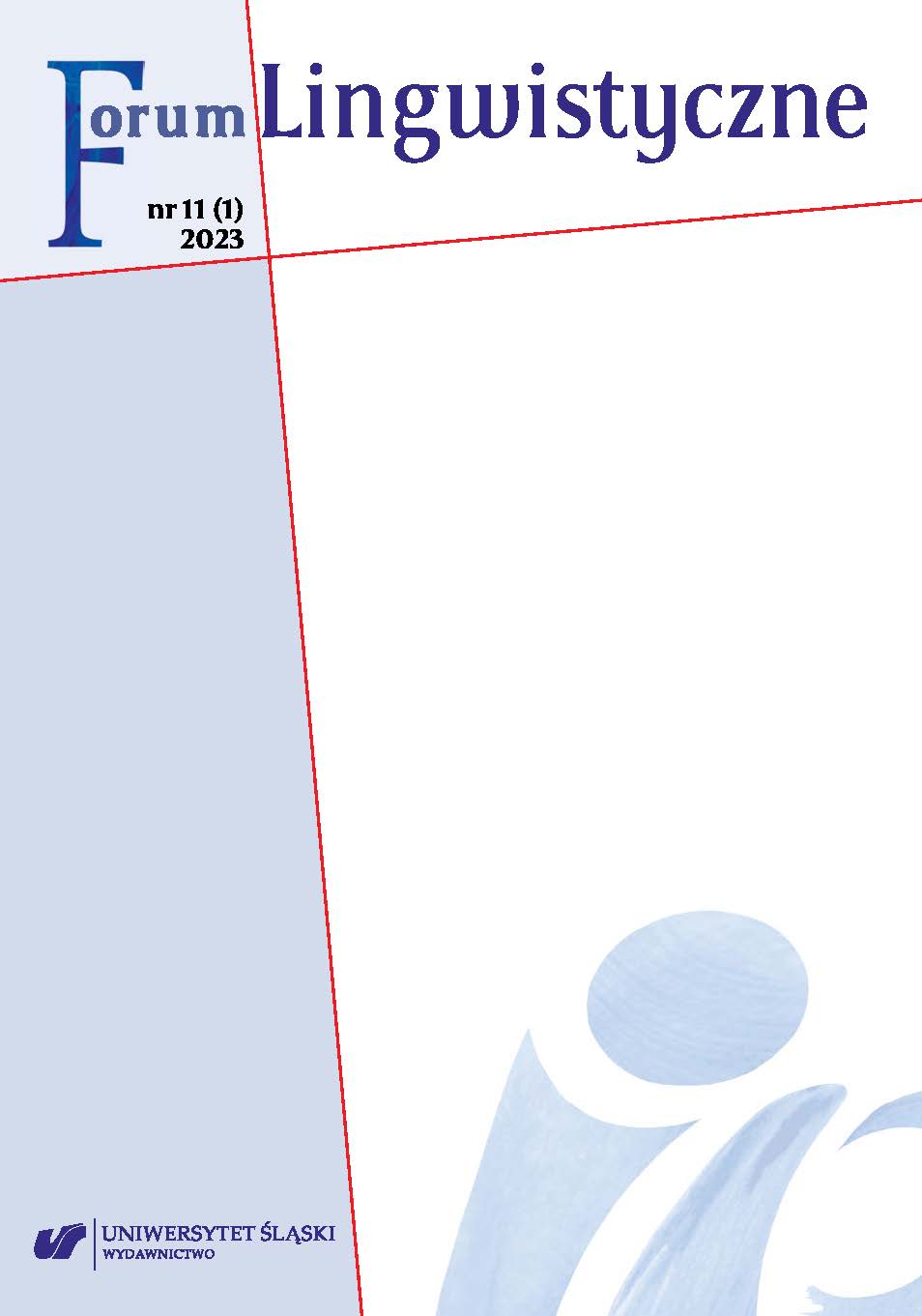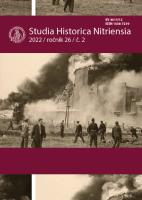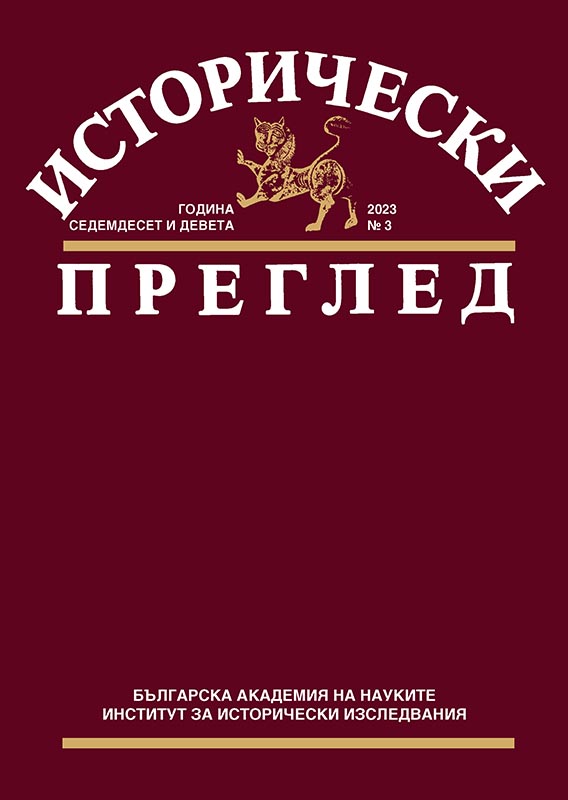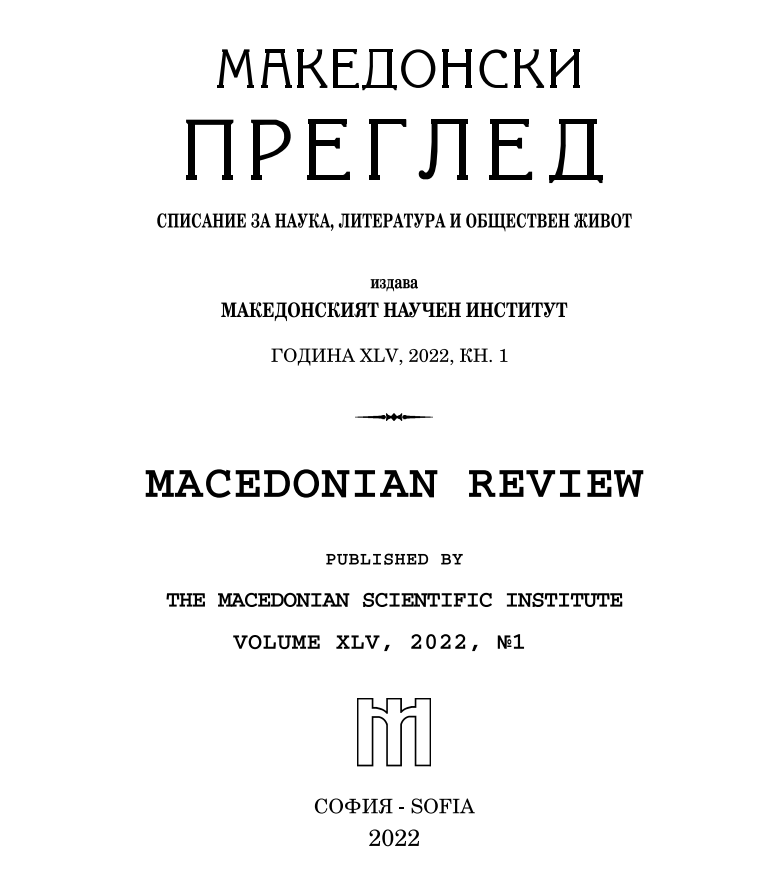
Гоце Делчев – портрет извън каноните
The image of Gotse Delchev is among the most recognizable in Bulgarian history, which is why talking and writing about him is both very easy and very difficult. The descriptions of the contemporaries about the external, physical appearance of the Apostle of Macedonia and about his inner, spiritual world, coincide almost completely. Above all, Gotse Delchev deserves to remain as he was remembered by the people who left testimonies about him – perhaps the kindest revolutionary, the brightest image in the history of Internal Macedonian-Adrianople Revolutionary Organization (IMARO), guardian of historical justice for Macedonian Bulgarians.
More...
